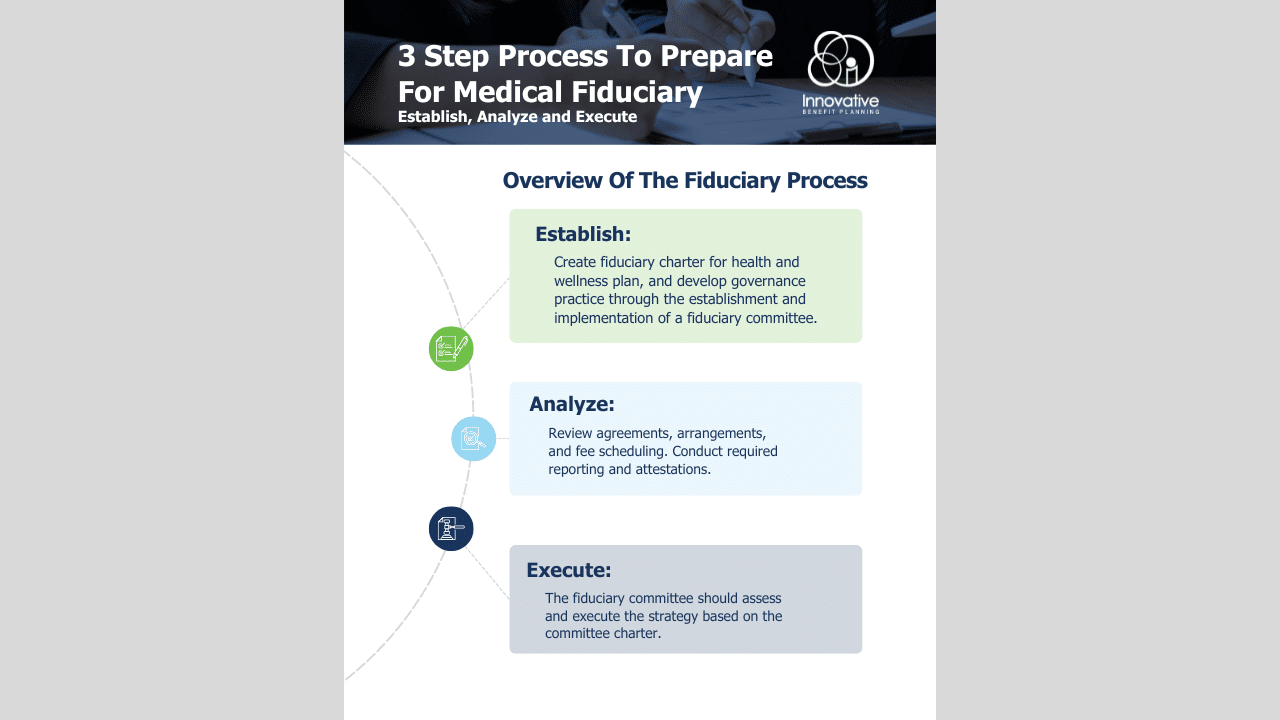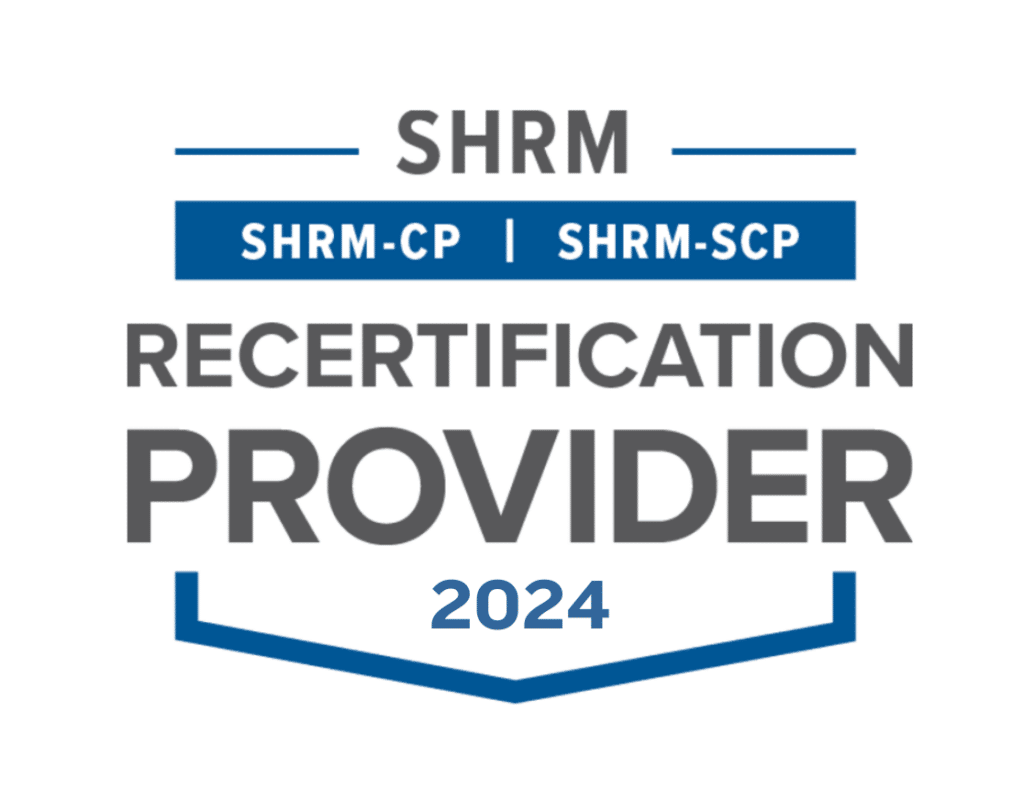The Centers for Medicare & Medicaid Services (CMS) has issued guidelines regarding changes to the Mental Health Parity and Addiction Equity Act (MHPAEA) for self-insured non-federal governmental health plans.
The Mental Health Parity and Addiction Equity Act of 2008 (MHPAEA) requires group health plans and health insurance issuers to ensure that financial requirements (such as co-pays, deductibles) and treatment limitations (such as visit limits) applicable to mental health or substance use disorder (MH/SUD) benefits are no more restrictive than the predominant requirements or limitations applied to substantially all medical/surgical benefits.
The new guidelines state that these health plans cannot choose to opt out of complying with the MHPAEA if they have not already done so by December 29, 2022. Additionally, any existing opt-out elections that expire 180 or more days after that date cannot be renewed.
However, there is a special rule for certain health plans that are collectively bargained. If a self-insured, non-federal governmental plan is subject to multiple collective bargaining agreements (CBAs) of different lengths and had an MHPAEA opt-out election in effect on December 29, 2022, which expires on or after June 27, 2023, the plan can extend the election until the last CBA expires. To do so, the plan needs to follow a specific process, including providing documentation of the effective date and duration of existing CBAs to CMS, obtaining CMS approval, and submitting a renewal opt-out election to extend the plan’s existing election.
The guidelines also emphasize that CMS has the authority to take enforcement action, such as imposing civil money penalties, against non-federal governmental health plans that do not comply with the MHPAEA requirements.

This information is general and is provided for educational purposes only. It reflects UBA’s understanding of the available guidance as of the date shown and is subject to change. It is not intended to provide legal advice. You should not act on this information without consulting legal counsel or other knowledgeable advisors.












